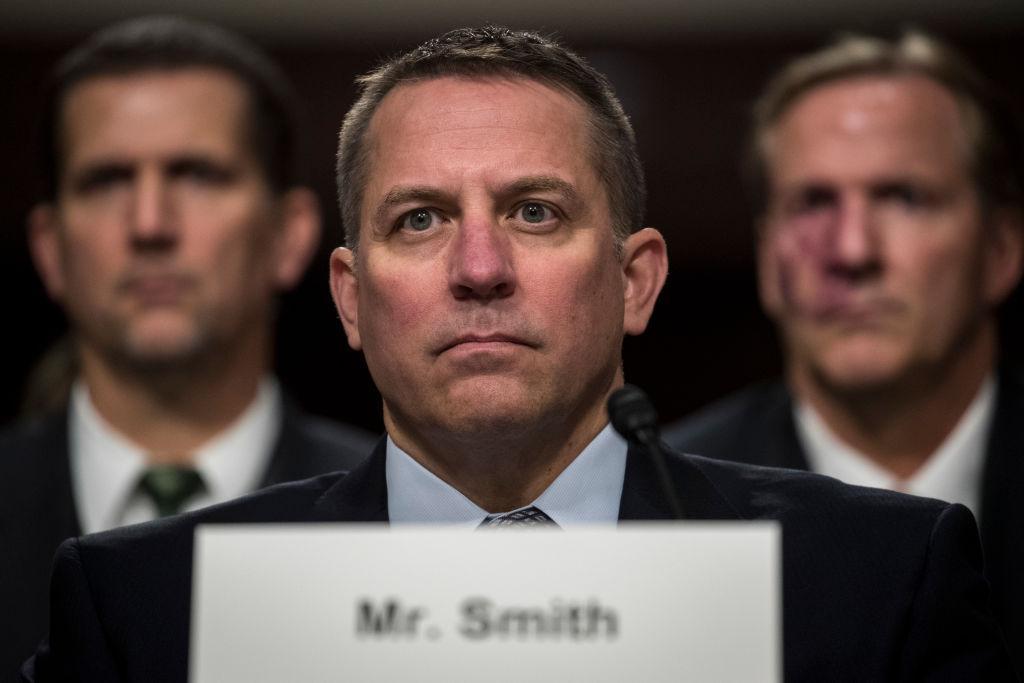Five senior FBI officials—four of whom were part of the bureau’s cybersecurity operations—have either left since June or are set to retire this month. The FBI confirmed three of the departures but does not comment on personnel matters below the executive level.
David Resch, the executive assistant director for the FBI’s Criminal, Cyber, Response, and Services Branch, is leaving after 28 years of service, according to the FBI. Bureau Director Christopher Wray appointed Resch to the post in April.





